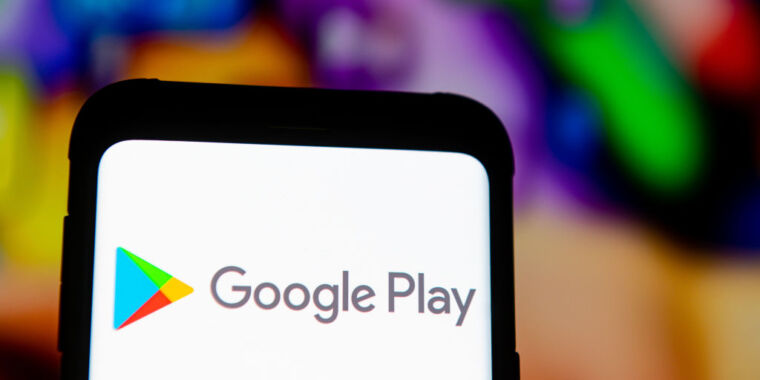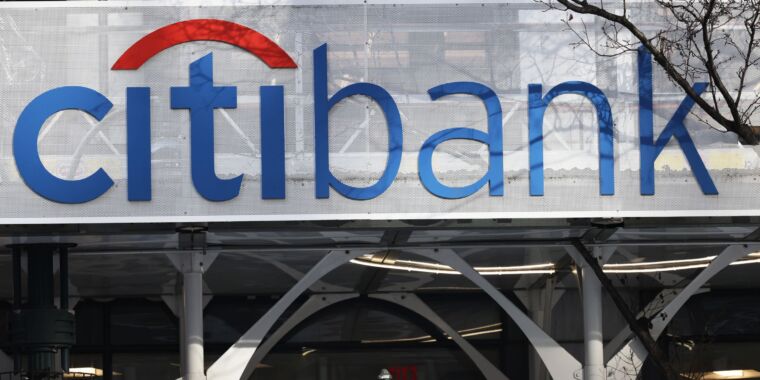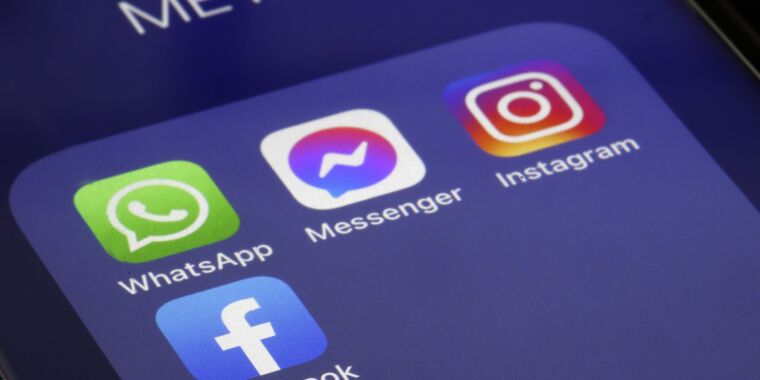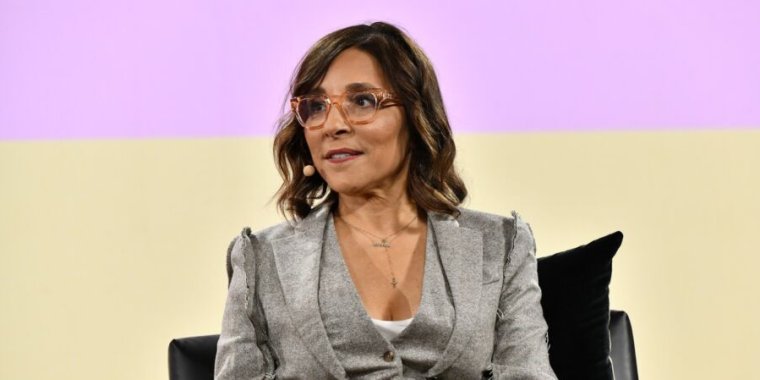After Epic Games proved that Google’s Android app store monopoly violates antitrust law, Google has agreed to pay a $700 million settlement with US states and consumers, Reuters reported.
Once a judge approves the settlement, the largest chunk—$630 million—will go to consumers who allegedly were hit with unnecessary fees for in-app transactions. Google has not admitted to any wrongdoing, but each eligible consumer will receive at least $2, and some will receive more. Individual payouts will vary, depending on how much consumers spent in the Google Play Store between August 16, 2016 and September 30, 2023.
The remaining $70 million will go to states that joined the settlement, which includes all 50 states, the District of Columbia, Puerto Rico, and the Virgin Islands.
In addition to claims of overcharging customers, Epic Games had accused Google of unlawfully restricting the distribution of apps on Android devices. Through the settlement—which Google’s vice president of government affairs and public policy, Wilson White, said was announced in September but kept confidential until yesterday—Google has also agreed to allow for more competition in its app store.
In a Google blog, White wrote that Google would be taking four steps to expand competition in the Google Play Store.
First, Android users can expect more app store choices. Google has promised to continue providing options to pre-load alternative app stores and make it easier to use them, recently implementing features in Android 14 “that will make third-party app stores work even better for users and let third-party app stores update apps more easily.”
Google has also simplified the process for Android users to sideload apps without going through an app store, but instead downloading apps directly from a website.
“While we maintain it is critical to our safety efforts to inform users that sideloading on mobile could come with unique risks, as part of our settlement we will be further simplifying the sideloading process and updating the language that informs users about these potential risks of downloading apps directly from the web for the first time,” White wrote.
Perhaps most significantly for both Android developers, though, Google has agreed to take two steps that will give developers more control over managing in-app purchases and more opportunities to communicate deals directly with users.
Those efforts, Wilson said, include expanding on a pilot allowing developers to provide “an alternative billing option alongside Google Play’s billing system for their US users, who can then choose which option to use when making in-app purchases.” To spur competition, Google will also allow “developers to communicate freely with their customers outside the app about subscription offers or lower-cost options available on a rival app store or the developer’s website.”
“As part of user choice billing, which we’re expanding with today’s settlement announcement, developers are also able to show different pricing options within the app when a user makes a digital purchase,” Wilson wrote.
Google still plans to challenge the verdict, White wrote. He noted that Google was “disappointed that the verdict did not recognize the choice and competition that our platforms enable” and called the Epic case “far from over.”
In the meantime, Google’s loss appears to have resulted in additional wins for Android users seeking to limit fees and find the best app deals. Wilson said that recent updates resulting from the settlement will benefit “millions of developers and billions of people around the world.”
“This settlement builds on Android’s choice and flexibility, maintains strong security protections, and retains Google’s ability to compete with other OS makers, and invest in the Android ecosystem for users and developers,” White wrote. “We’re pleased to resolve our case with the states.”
Epic Games is not pleased with the settlement, which it views as too low.
Epic Games vice president of public policy, Corie Wright, said in a statement provided to Ars that the $700 million settlement’s “one-time payout” will provide “no true relief for consumers or developers.” Epic Games had originally sought a much higher settlement, asking for “$10.5 billion in antitrust damages identified as Google’s unjustly collected fees,” Wright said.
“Consumers will continue to overpay for digital goods as a result of Google’s imposition of supracompetitive 30 percent fees for Google Play Billing or 26 percent junk fees on top of payments Google isn’t involved in processing,” Wright said. “Developers will also continue to be restricted in how they distribute their apps, and developers who choose to use a third party payment option will be forced to use Google’s deceptively labeled ‘user choice billing’ system rather than having creative freedom over the design of their payment systems.”
According to Wright, “the States’ settlement does not address the core of Google’s unlawful and anticompetitive behavior.”
In the “next phase of the case,” Wright said that “Epic will seek meaningful remedies to truly open up the Android ecosystem so consumers and developers will genuinely benefit from the competition that US antitrust laws were designed to promote.”





